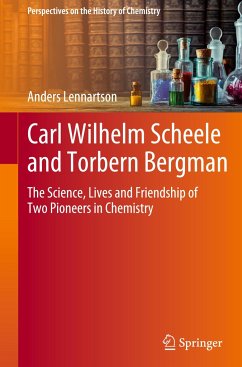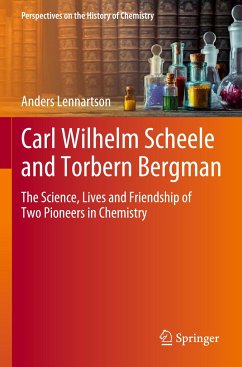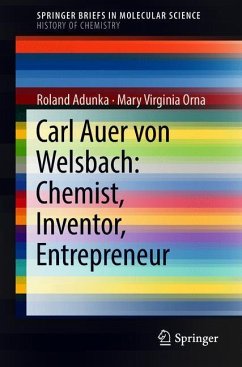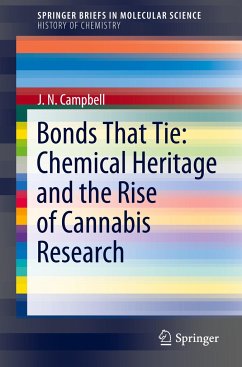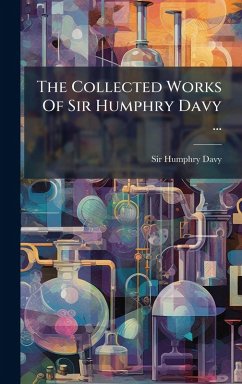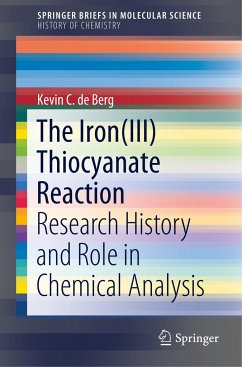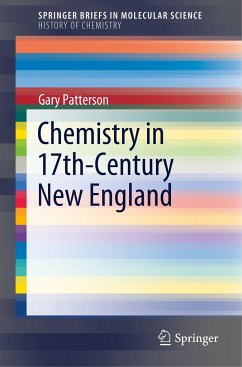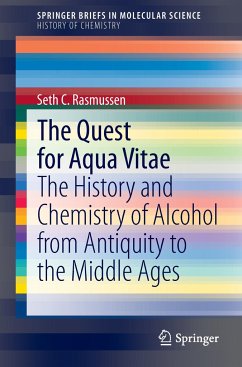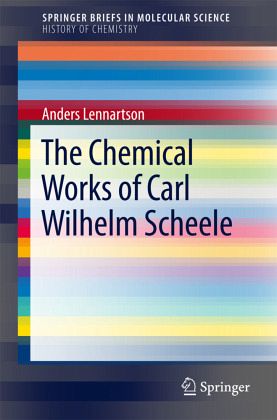
The Chemical Works of Carl Wilhelm Scheele

PAYBACK Punkte
23 °P sammeln!
This brief draws on the first modern book about Carl Wilhelm Scheele which was published in Swedish in 2015. Following an introduction and bibliography of Scheele's published works, the author analyses Scheele's publications paragraph by paragraph, explaining the procedures and the results in modern terms, and summarising and elucidating Scheele's conclusions. Up until now the original works by Scheele have only in part been translated into English, and to get a complete view of Scheele's work, knowledge of both Swedish and German was required. This brief opens up the important work of Carl Wi...
This brief draws on the first modern book about Carl Wilhelm Scheele which was published in Swedish in 2015. Following an introduction and bibliography of Scheele's published works, the author analyses Scheele's publications paragraph by paragraph, explaining the procedures and the results in modern terms, and summarising and elucidating Scheele's conclusions. Up until now the original works by Scheele have only in part been translated into English, and to get a complete view of Scheele's work, knowledge of both Swedish and German was required. This brief opens up the important work of Carl Wilhelm Scheele to an international audience of historians of chemistry, students of history of chemistry and interested chemists.



